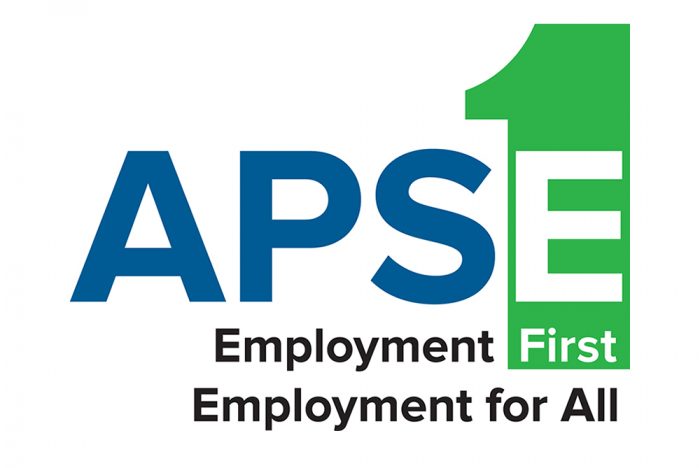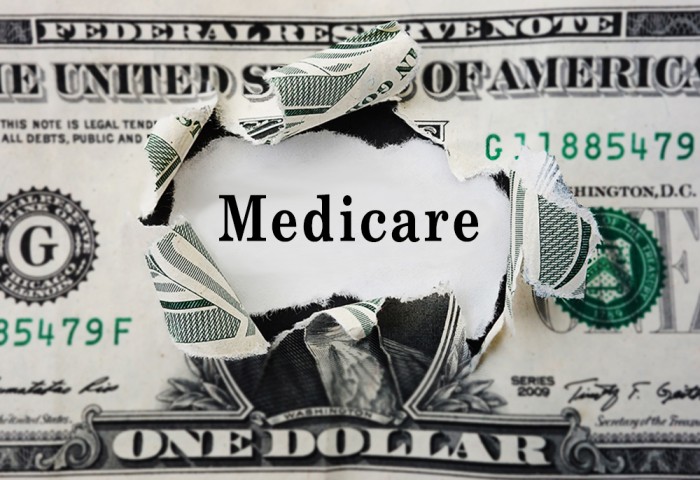Reminder: RCPA Member Webinar on COVID-19 — February 4, 2022
Transition Age Youth (12–21) and Parent/Family Caregivers Needed for Focus Groups!
Please help the Pennsylvania Department of Health, Bureau of Family Health find out what is needed to support transition age youth with special health care needs/disabilities. The Bureau is working with PEAL to outreach to families and will be asking questions about transition planning, bullying, safe relationships, and reproductive health and sexuality.
A $25 Gift Card will be provided per family. We are looking for young adults (12–21) to participate by themselves and also for young adults to participate with their family member to support communication. You can view the flyer for more details here.
Registration for Youth Only
If you are younger than 18, please ask your parent/guardian to register with you.
REGISTER
Registration for Youth Attending with Parent/Family Caregiver
REGISTER
You will need to fill out a form to receive your $25 gift card. If you are ages 12–17 and participating alone in the focus group, you will need parent signatures to receive a gift card and a release form to participate. The links to complete the forms below. Please save and send to Mary Hartley, whose contact information is also below.
If you need any accommodations, support, or have questions, please contact Mary Hartley via email or call (412) 281-4404, ext. 208. We are happy to help!
APSE Mid-Atlantic Regional Event — March 7
Register for the Mid-Atlantic Regional APSE Event
Monday, March 7, 2022
9:00 am–12:00 PM
APSE’s Mid-Atlantic Region includes state chapters in Pennsylvania, Virginia, and Maryland.
The Mid-Atlantic Region will have 2.5 hours of educational content focusing on Using Assistive Technology in the Workplace and Leadership and Management Development. PLUS networking opportunities to meet peers within your region.
Registration: $25 for members/$35 for non-members. Business members register free! You are welcome to attend any of the events with a separate registration.
Register, and even if you can’t make it, you’ll have access to the content and recording for 30 days.
Continuing Education Credit: After the live event, APSE will provide proof of attendance for any credentials or a continuing education credit. The regional events are pre-approved for 2.5 hours of CESP Continuing Education.
EVV Public Meeting Scheduled for January 21, 2022
Message from the Office of Long-Term Living:
As a reminder, the January EVV Public Meeting will be occurring on January 21, 2022, at 1:00 pm. Topics to be covered include EVV system updates, a Home Health Care Services implementation update, general reminders, and a Personal Care Services data update, as well as others.
Please register for the January 21, 2022 EVV Public Meeting. Questions on this topic can be directed via email.
Join RCPA at NatCon22!
Medication Administration Compliance: CEU Webinar Hosted by Tarrytown Expocare Pharmacy
Medication Administration Compliance
Thursday, January 27, 2022
1:00 pm CST | 2:00 pm EST
Complimentary 1.0 CEs — Nurses & QIDPs
Register HERE.
Presenter: Deb Maloy, RN, CDDN
Learning Objectives:
Medication Administration Compliance
The nurse’s scope of practice will be enhanced by knowing the expectations of medication administration and what causes of errors and quality measures to put into effect to ensure the safety of individuals served.
For registration questions or more information, contact Jose Polanco.
MedPAC Recommends 5% Payment Reduction to IRFs, SNFs, & HHAs
The Medicare Payment Advisory Committee (MedPAC) voted last week and unanimously recommended a five percent payment reduction for inpatient rehabilitation facilities (IRFs), skilled nursing facilities (SNFs), and home health agencies (HHAs). There was no additional feedback provided with this recommendation; however, additional information should be provided in their upcoming March 2022 report to Congress.
Also worth noting was that MedPAC discussed its mandated report related to designing a value incentive program (VIP) for post-acute care (PAC). This report is required under the Consolidated Appropriations Act of 2021, and this was the commission’s second session dedicated to development of the PAC VIP. The report is due to Congress by March 15, 2022. Due to the limited time to develop the report, MedPAC asserted it would not be making a formal recommendation in the March Report to Congress. Also during this session, MedPAC shared its plan to submit its separate report on a unified post-acute care payment prototype to Congress in 2023.

















